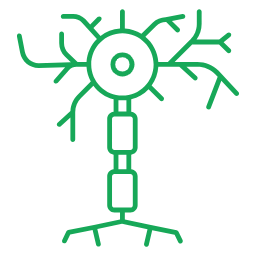Dr. Praveen Mambalam has been recognized as one of Seattle Magazine’s Top Doctors in Pain Medicine for August & September 2025.
Dr. Praveen Mambalam has been recognized as one of Seattle Magazine’s Top Doctors in Pain Medicine for August & September 2025.
Dr. Praveen Mambalam has been recognized as one of Seattle Magazine’s Top Doctors in Pain Medicine for August & September 2025.
Dr. Praveen Mambalam has been recognized as one of Seattle Magazine’s Top Doctors in Pain Medicine for August & September 2025.






